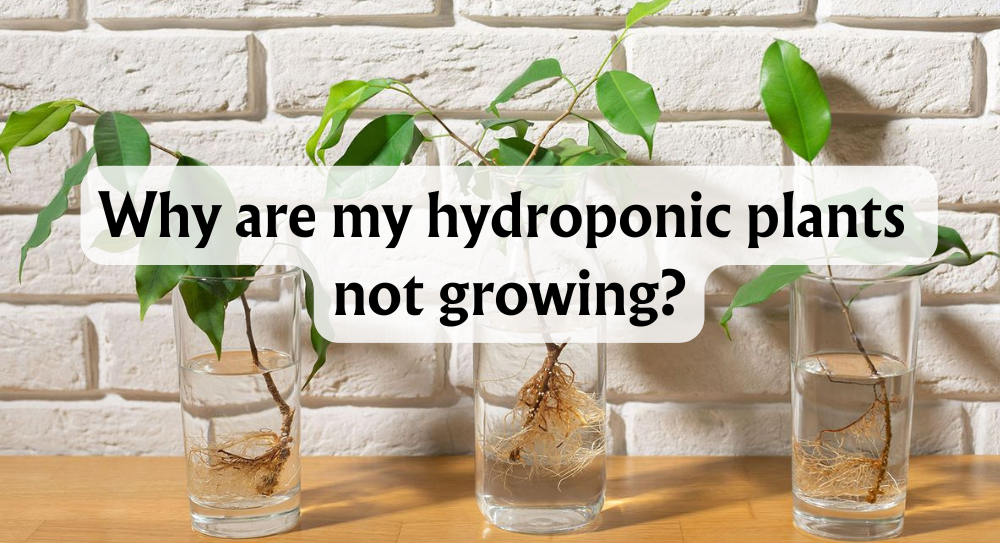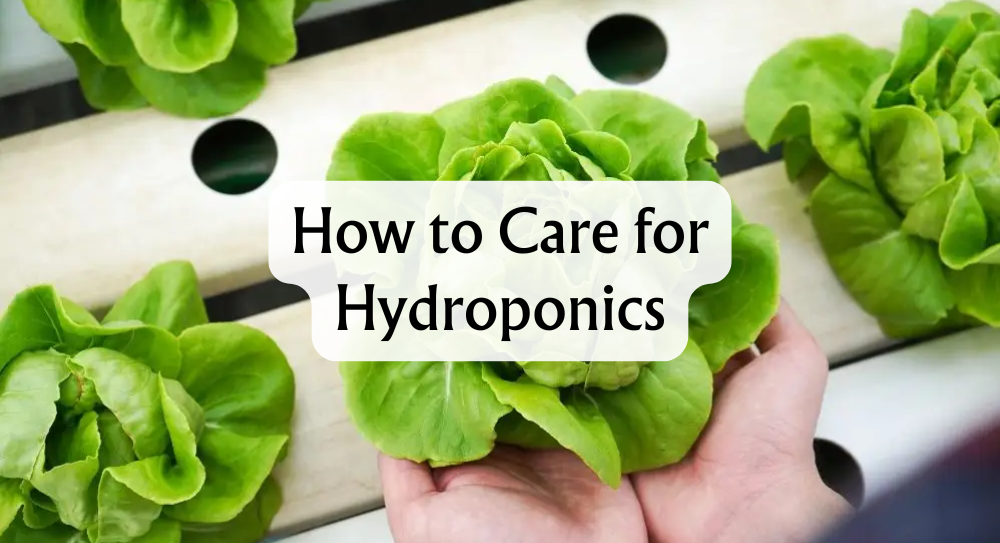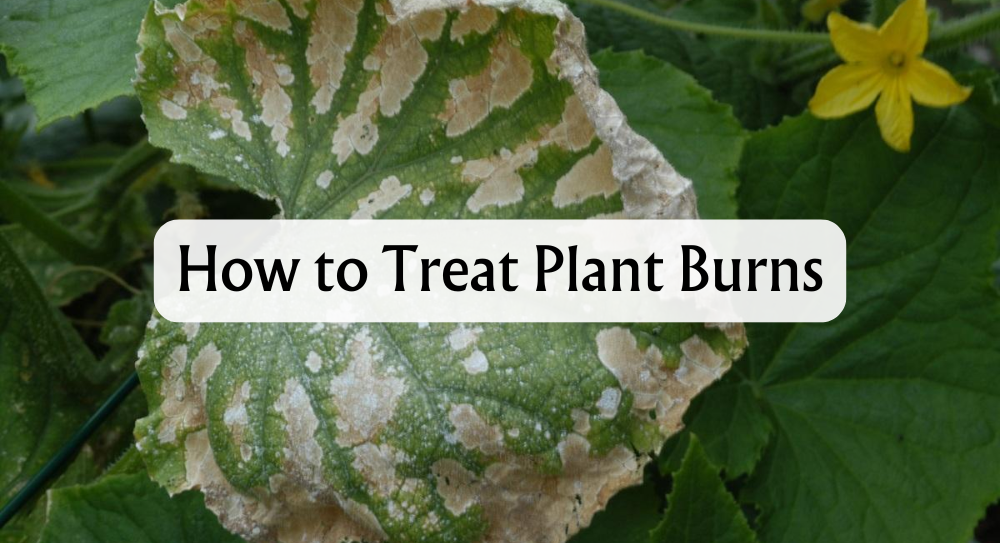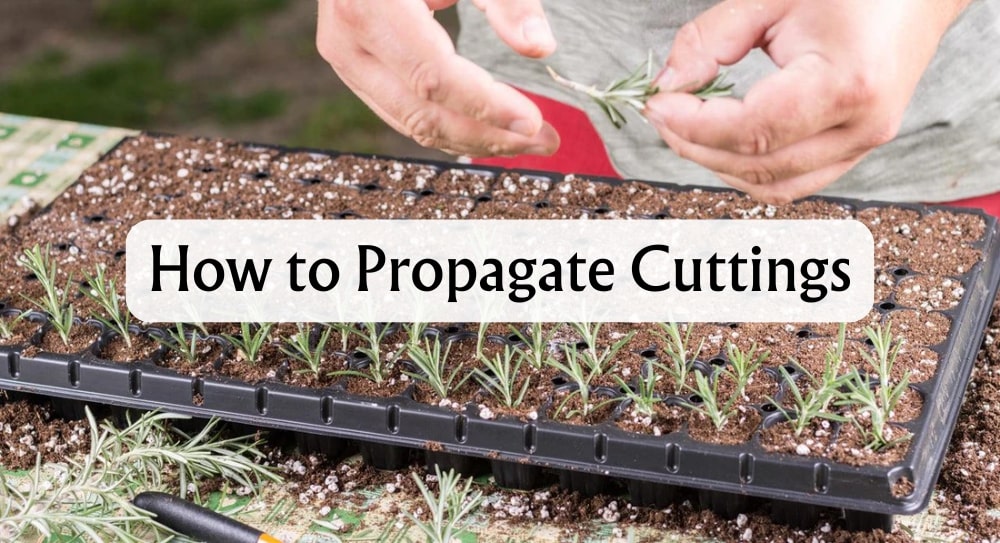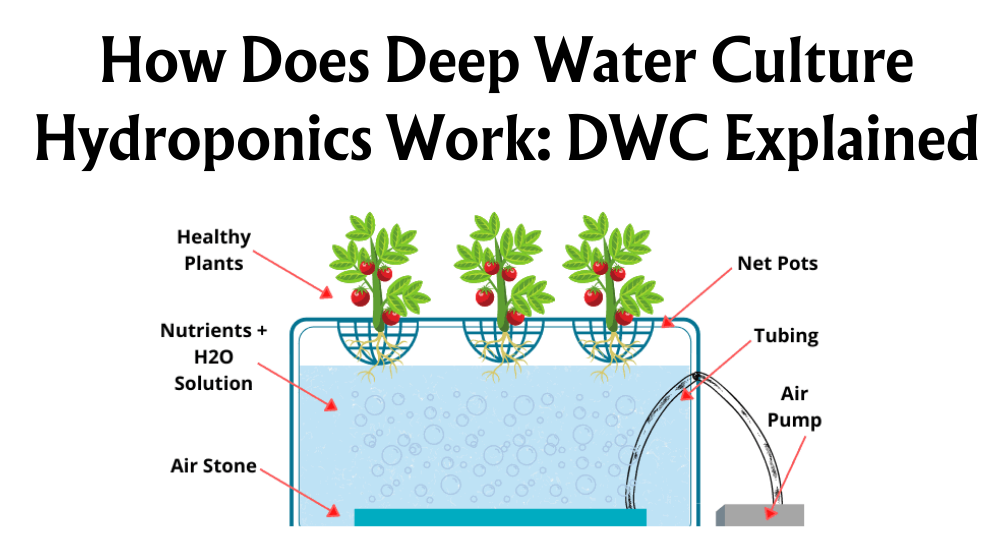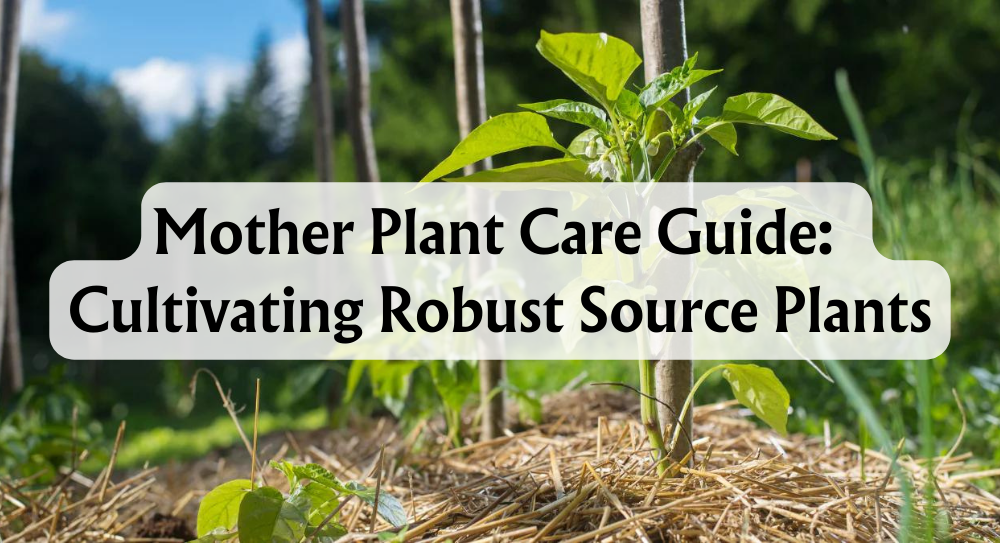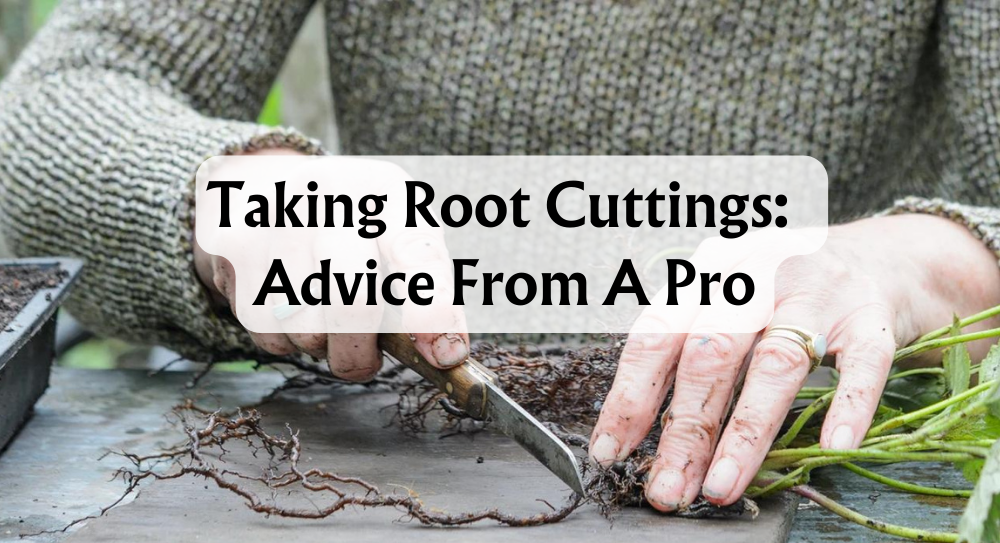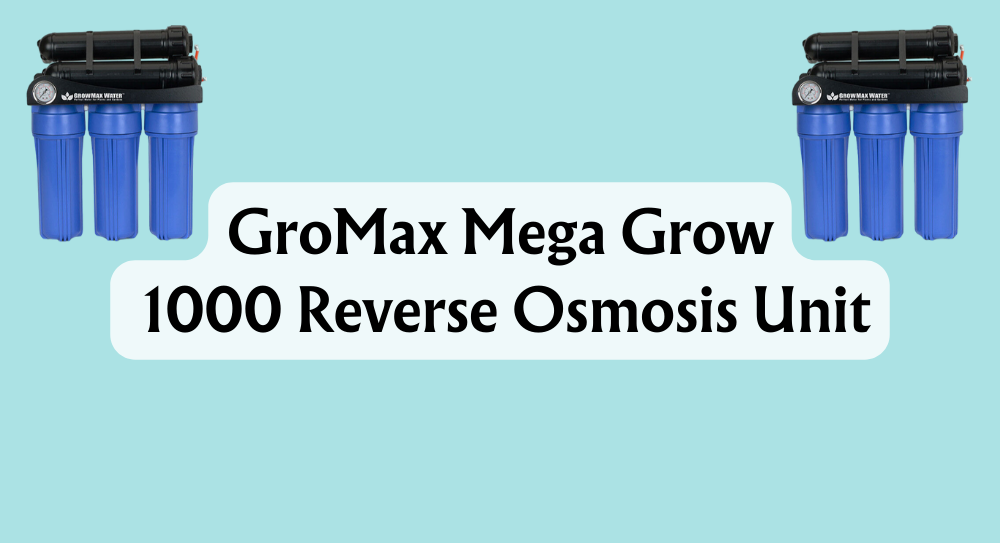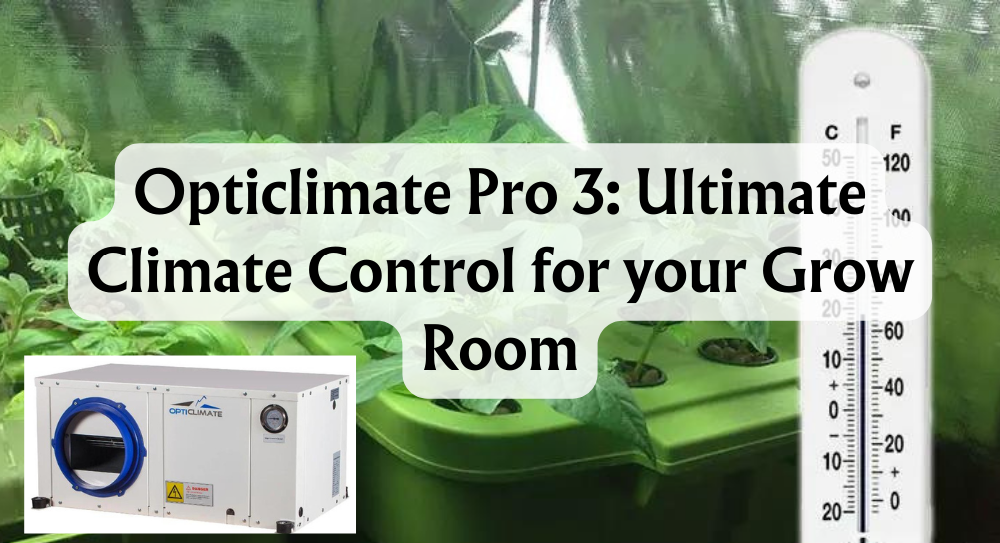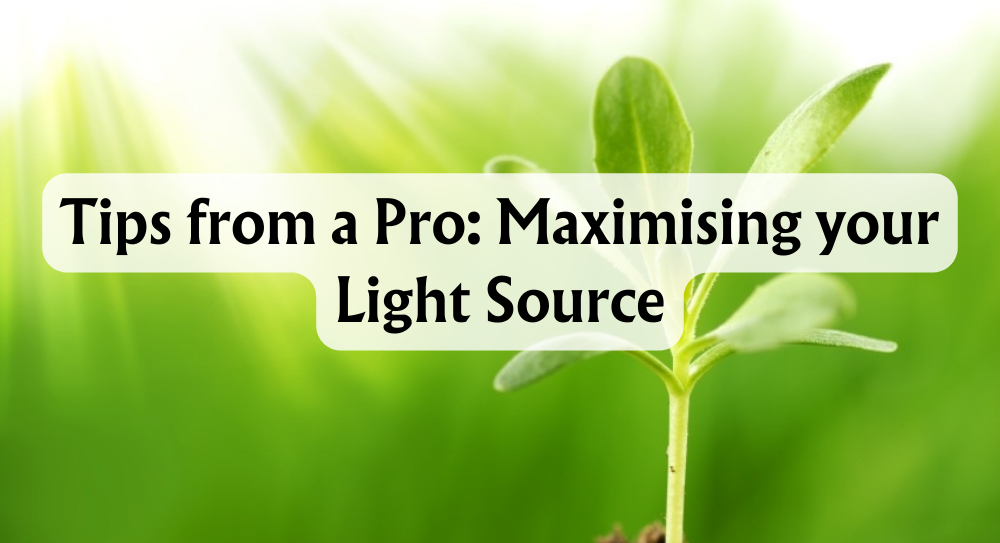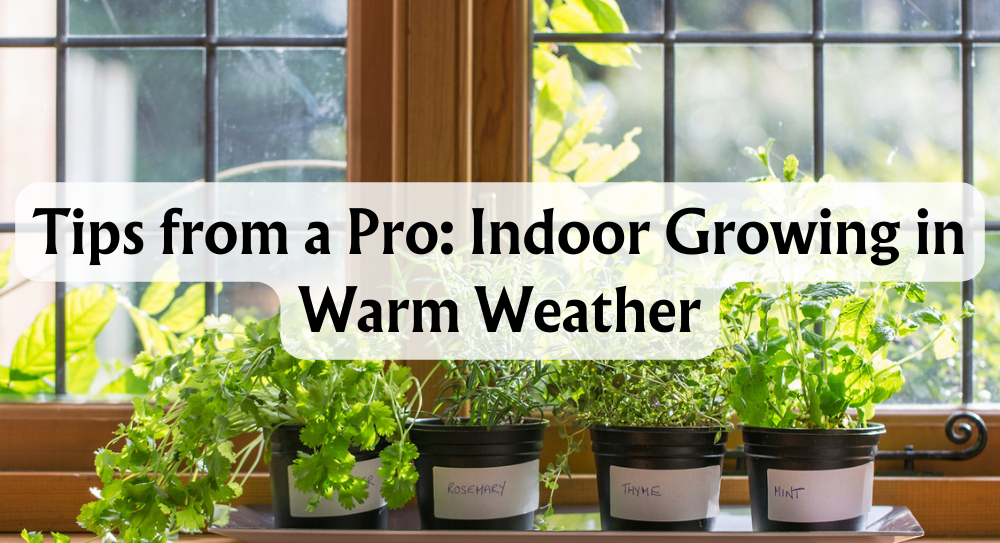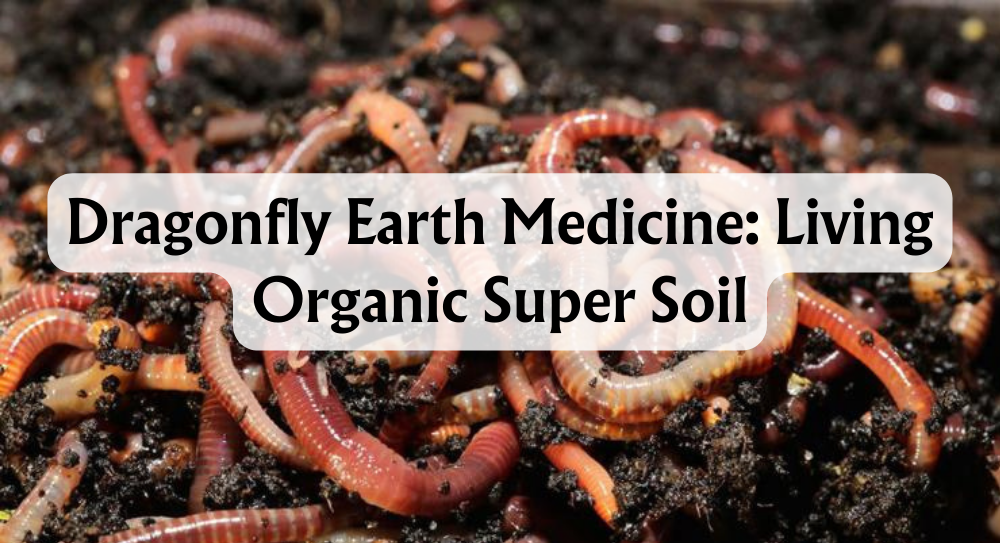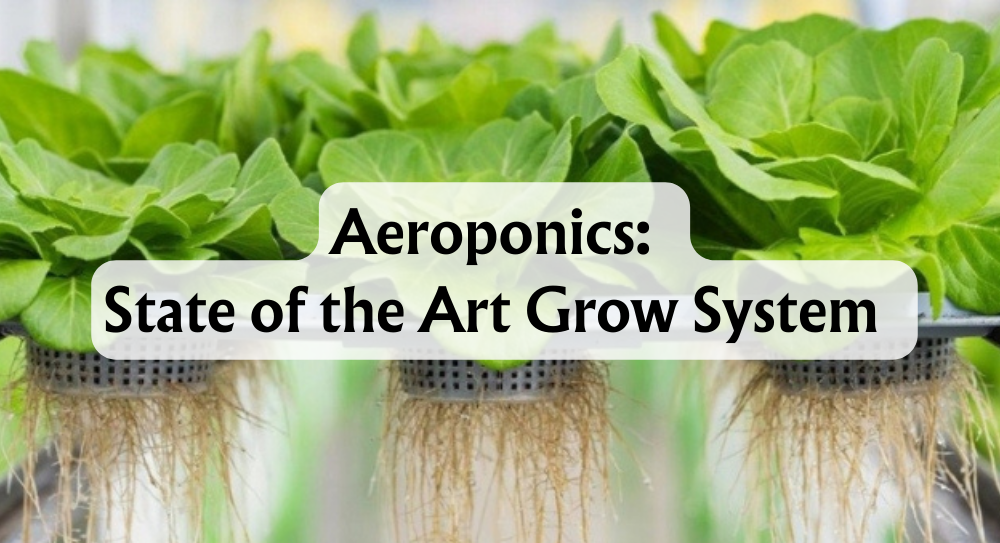Why Are My Hydroponic Plants Not Growing?
Hydroponic gardening has become a popular way for many of us to grow plants without soil, providing a unique gardening experience that can produce bountiful yields when done correctly. The system allows us to efficiently manage and deliver nutrients and water directly to the plant roots, leading to faster growth – or at least that’s the idea. If your hydroponic plants seem to be stuck in a growth rut, it might be due to issues like nutrient imbalances, inadequate lighting, or incorrect pH levels.
Catching these problems early is crucial for us to turn a failing setup into a thriving one. Drooping or stunted plants can often be an early sign that something is amiss. Recognising these common pitfalls and addressing them promptly helps in maintaining a successful hydroponic system. This blog post explores these pesky issues and provides straightforward solutions to get our plants back on track.
Let's dive into some practical solutions and tips, which will help us navigate through these challenges effectively. Our goal is to empower fellow hydroponic enthusiasts to recognise and resolve growth problems swiftly, ensuring our hydroponic gardens flourish.
Key Takeaways
- Identify and resolve nutrient and pH imbalances early.
- Ensure adequate lighting and temperature control.
- Maintain cleanliness to prevent pests and diseases.
What Is Hydroponic Growing?
So, what exactly is hydroponic growing? Essentially, it’s a way of growing plants without using soil. Instead, plants thrive on a nutrient-rich water solution. This method is not just a modern fad—it's rooted in principles that offer unique benefits and versatility, including growing indoors.
There are several types of hydroponic systems that you might come across. The Nutrient Film Technique (NFT) involves a continuous flow of nutrient solution over the roots, while Deep Water Culture (DWC) submerges plant roots in the solution. Another system, Ebb & Flow, periodically floods and drains the roots with nutrients plants require.
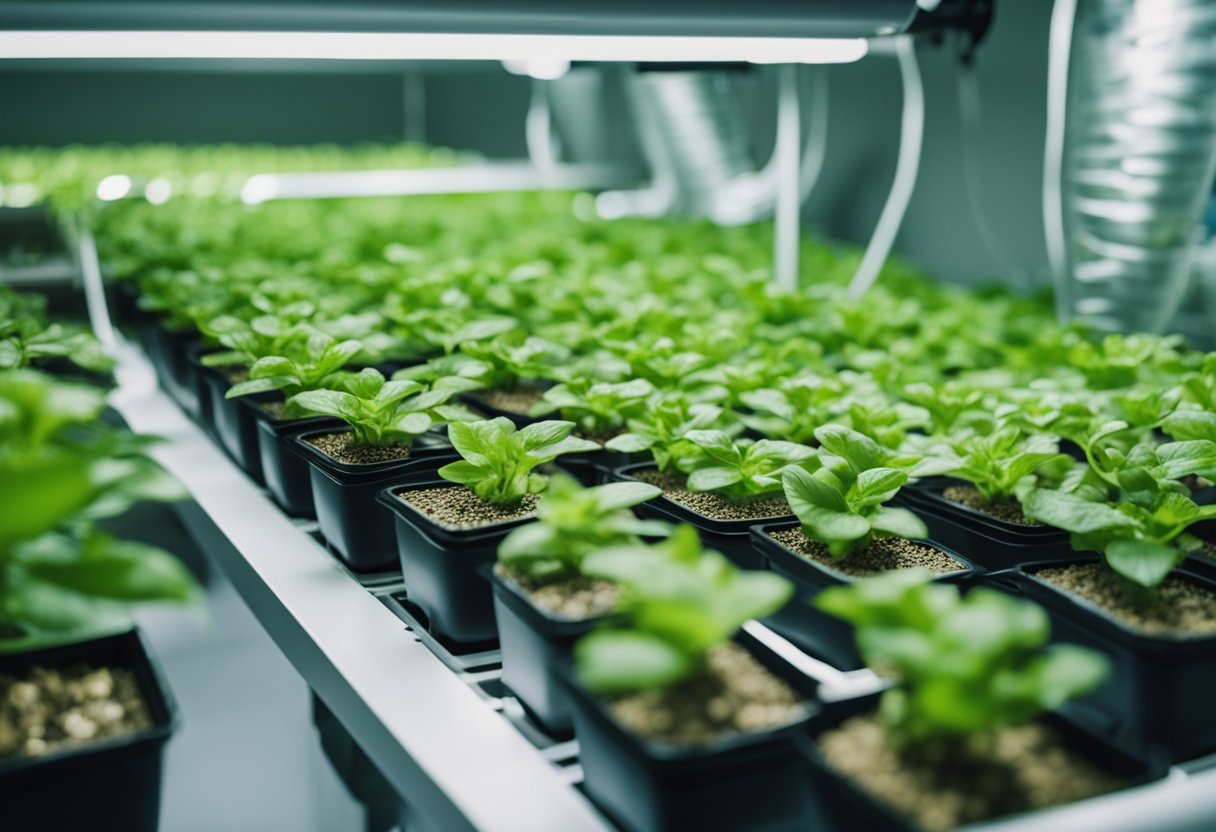
How does this compare to soil-based growing? Well, in hydroponics, nutrients are delivered directly to the plant roots in a highly efficient manner. This contrasts with traditional soil growing, where nutrients must first dissolve in water before becoming available to plants.
One of the cool advantages we see with hydroponics is faster growth. Plants can grow up to 25% quicker than their soil-grown counterparts. Also, hydroponic systems use less water—a massive benefit for sustainability!
Now, I know what you’re thinking: hydroponics must be complicated, right? Surprisingly, it’s not. With the right setup, even beginners can enjoy the benefits. Plus, it’s perfect for urban areas where soil isn't readily available.
Advantages Of Hydroponics
So, why would someone choose hydroponics over traditional soil gardening? Let’s dive into the numerous benefits that make hydroponics a popular choice for many of us.
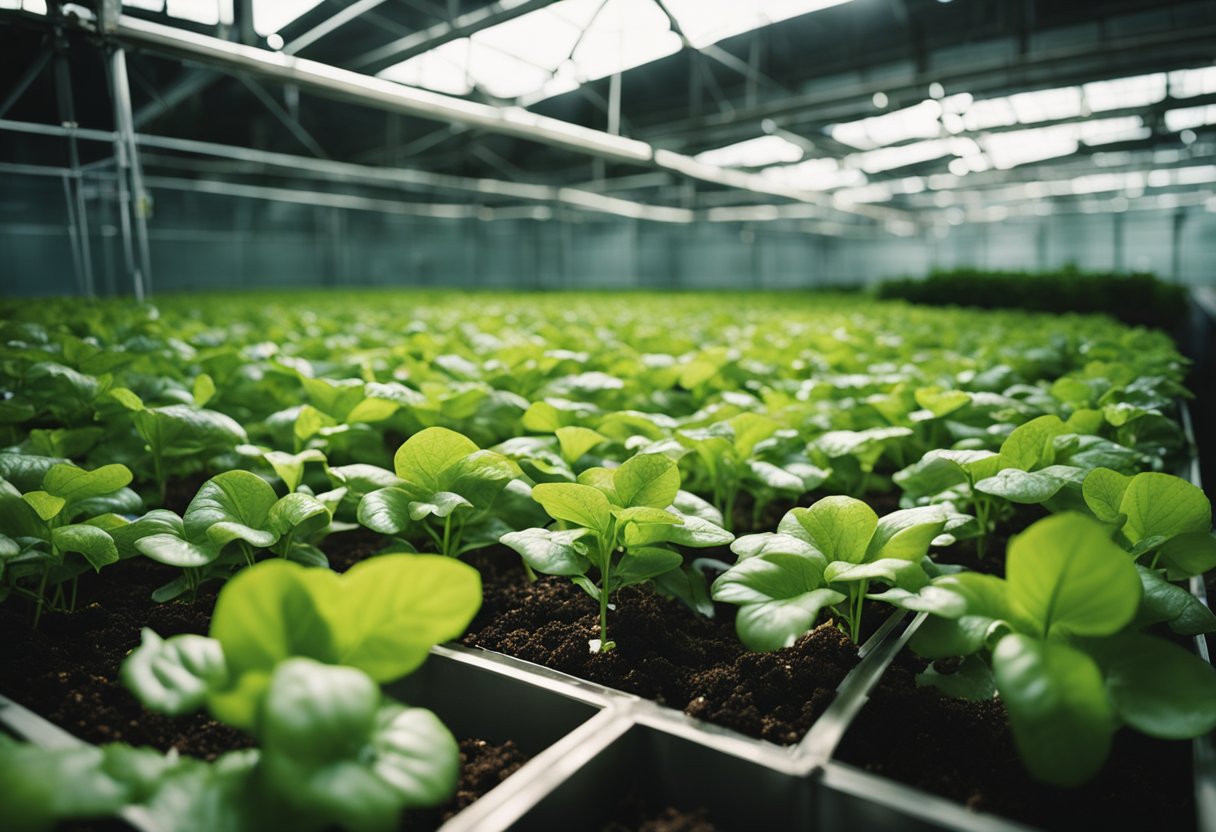
Faster Growth and Higher Yields
In hydroponics, plants are showered with optimal nutrients, ensuring faster growth rates. Imagine a lettuce plant that normally takes up to 60 days in soil, potentially ready in 30 days with hydroponics! It’s like the plant's version of a turbo boost.
Efficient Use of Water and Space
Who knew gardening could be more water-efficient? Hydroponics uses up to 90% less water compared to conventional methods. The magic happens as water is continuously recirculated in the system. Plus, with our ever-shrinking urban spaces, hydroponics allows for high plant density, even on your balcony.
Less Dependency on Weather Conditions
What’s the weather like today? Who cares! With hydroponics, we can grow plants all year round, regardless of seasonal whims. Imagine biting into a fresh, homegrown tomato in the dead of winter, nurtured by a controlled indoor hydroponic system.
Thinking about the environment, hydroponics also reduces soil-borne diseases because, well, there's no soil! That means our plants can stay healthier with less intervention. There you have it, some compelling reasons to consider giving hydroponic gardening a go!
Common Problems Of Hydroponics
In hydroponics, various challenges can stunt plant growth. These include root rot, mould growth, plant leaf issues, pests, clogged pipes, and overcrowding. Addressing these issues can dramatically improve plant health.
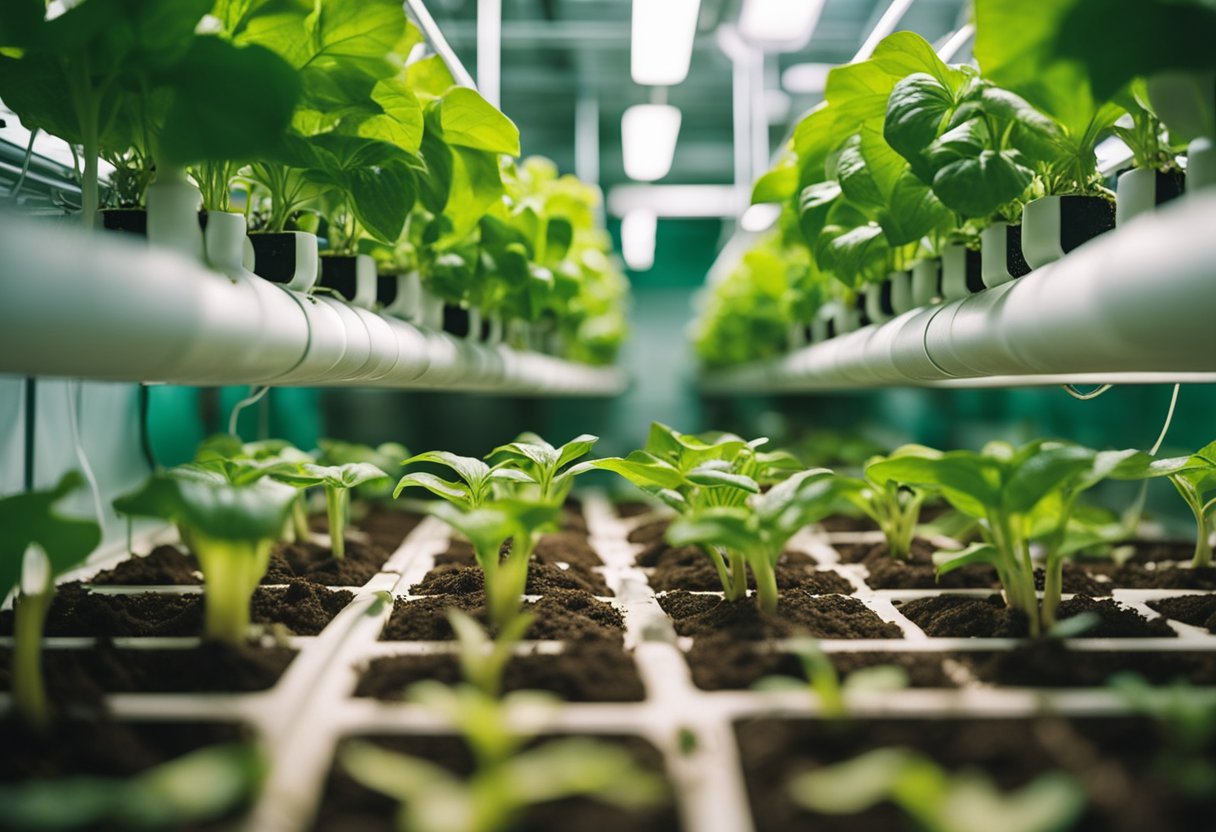
Root Rot
Root rot is a common headache. Too much moisture coupled with insufficient oxygen often kick-starts root rot. Poor water circulation further exacerbates the situation. Does this sound familiar to you? Good news! We can counter these issues. Increasing aeration with air stones or air pumps is a start. Applying the appropriate beneficial bacterium can protect the roots.
Mould Growth / Plant Disease
Pesky mould and diseases lurk around every corner. Who knew high humidity could be such a troublemaker? Stagnant air often partners with it to unleash various problems in our hydroponic gardens. Prevention is our ally here. Regularly cleaning the grow area and utilising fans for better ventilation helps immensely. Opting for disease-resistant plant varieties is also smart.
Plant Leaf Issues
Leaves can be quite expressive, don't you think? Yellowing leaves or unexpected brown spots might not just be a fashion statement. These signs often scream of nutrient imbalances. Fear not, adjusting nutrient solutions can set things right.
Pests
Pests can be relentless invaders. From spider mites to the uninvited aphids and fungus gnats, there's an entire list of unwelcomed guests. Yet, wielding natural remedies can be rewarding! Ladybugs or neem oil spray come to our rescue, providing a natural pest control option. Monitoring the plants regularly can turn the tide in our favour by spotting issues early.
Clogged Pipes or Pumps
Blockages are like traffic jams in our hydroponic system! Accumulation of algae or other debris in pipes and pumps readily invites problems. Regular system cleaning and simple filters can keep things running smoothly.
Overcrowding
Sometimes, plants need some room to breathe too! Reduced air circulation and increased humidity affect your plants. Competition for nutrients often leads to stunted growth. Spacing plants properly can transform the garden.
Common Mistakes Of Growers
In hydroponics, many growers run into trouble with factors like pH levels, EC, lighting, nutrition, and sanitation. It's crucial to understand how these impact plant growth to ensure a thriving setup.
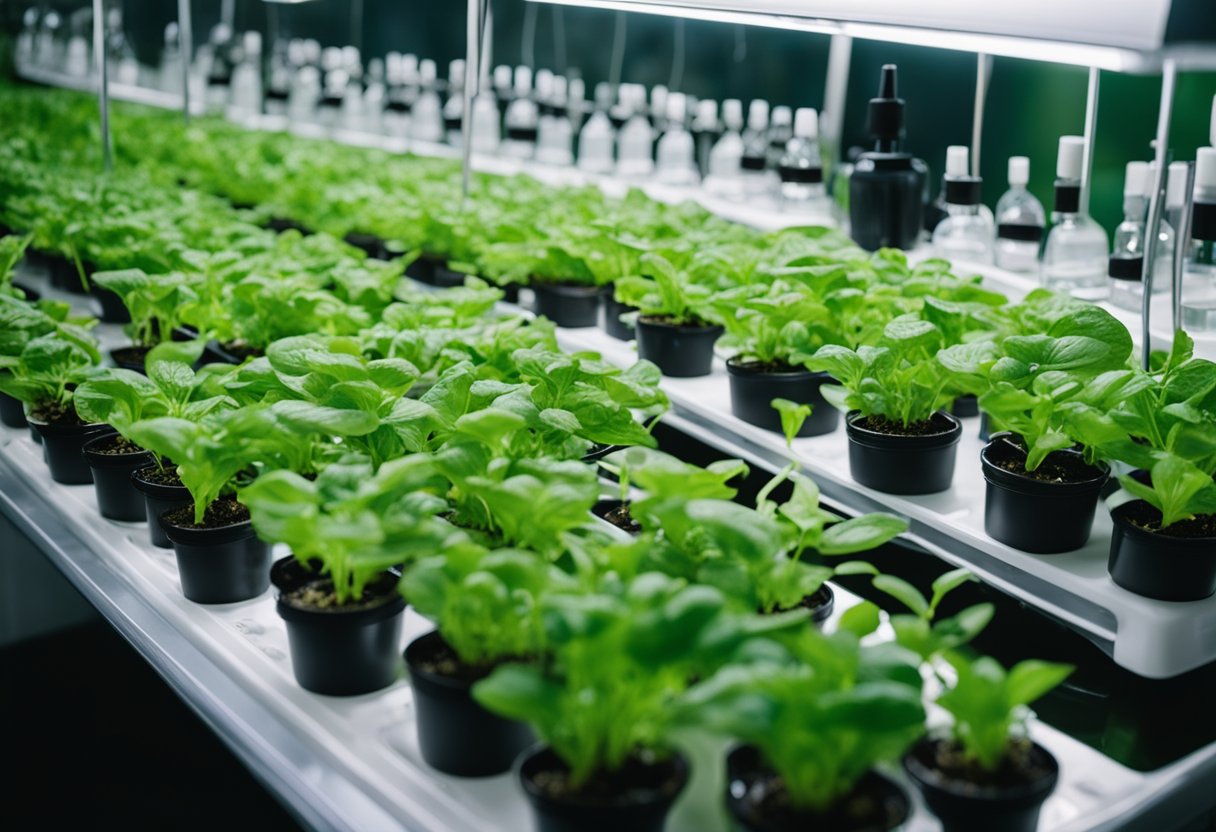
Ignoring pH Levels
Importance of Maintaining Correct pH
We all know that maintaining the right pH levels is crucial in hydroponics. If these levels are off, plants struggle to uptake nutrients, leading to stunted growth. This is like trying to drink through a clogged straw—frustrating for both us and our plants.
Tools for Monitoring and Adjusting pH
Using digital pH meters can help us stay on top of changes. Adjusting solutions are handy when pH levels need tweaking. Just ask the tomato grower who faced stunted growth due to ignoring their pH; lesson learned! Regular monitoring keeps us ahead of any nutrient imbalances.
Inadequate Lighting
Consequences of Poor Lighting in Hydroponics
We’ve all struggled with lighting at one point or another—understandable given how crucial it is. Poor lighting can result in droopy, leggy, or low-yielding plants. It's like trying to read in a dimly-lit room. The effort might be there, but the outcome is less than ideal.
Choosing the Right Grow Lights
Choosing between LED, fluorescent, or HID lights can seem overwhelming. Each comes with its own quirks and benefits. When setting up a lighting schedule, like we did for hydroponic basil, the plant's needs guide us. It's all about striking the right balance in light intensity.
Incorrect Nutrition
Overfeeding or Underfeeding Nutrients
Nutrients need to be in perfect harmony. Over or underfeeding disrupts this balance, affecting plant health and growth. Remember, moderation is key. Imagine this balance as a well-cooked meal—over-seasoning or lack of seasoning ruins the dish, and the same goes for our garden.
Adjusting Nutrient Solutions
Tailoring nutrient mixes to specific plant species or growth stages ensures better results. Reflecting on the grower's experience with nutrient lockout in hydroponic spinach, tweaking those mixes can make all the difference. It's about giving our plants exactly what they need.
Not Caring for Sanitation
Role of Cleanliness in Hydroponic Success
We've all been lazy at times, letting equipment cleanliness slide, but this paves the way for algae, pests, and diseases. Think of it as skipping showers—we can get away with it for a while, but not forever.
Cleaning and Sterilizing Tips
Regular cleaning of systems prevents major issues. Tools like hydrogen peroxide are useful for sterilisation. One grower salvaged their setup from an algae outbreak with prompt action, highlighting that cleanliness is indeed next to godliness.
Information Overload
Avoiding Confusion in Hydroponics
In the age of information, too much can cloud our judgment. We've all dived deep into forums or articles only to end up confused. Too much information can overwhelm us, leading to mistakes that are costly, in time rather than money.
Tips for Simplifying Your Approach
To avoid being swamped, sticking to one hydroponic system and a couple of plant types is wise. Like the new grower who started simply, and gradually found success, focusing our efforts simplifies our journey. It’s easier to master the basics than juggle the advanced.
Conclusion
So, we've been diving into this hydroponics journey together, and it's time to spotlight the main problems that might be affecting our plant growth.
Key Reasons for Issues:
- Nutrient Imbalances: Ensure that we're providing the right mix of nutrients. Just like us on a diet—too much or too little can be a problem!
- Lighting: Are our plants getting enough light? Let's remember they need lots of it to grow strong and healthy.
- pH Levels: Let's check our pH levels frequently. It's a crucial factor that can decide the fate of our plant's growth.
- Oxygen Levels: Our plants need to breathe too! Ensuring good oxygen levels in the nutrient solution is vital.
- Temperature Fluctuations: Keep an eye on the thermometer. Plants are like us and prefer a stable, comfy environment.
- Pests and Diseases: Regularly check for unwanted visitors or signs of illness in our plant babies.
Let's Stay on Top of Things:
It's essential we continually monitor and make adjustments as needed. Whether it's dirt-induced blockages or keeping the area clean to avoid pests, staying vigilant is key.
Ready for More?
We encourage exploring resources and communities for additional tips and tricks. There's a world of knowledge out there to help us become hydroponic masters. Let's keep learning and growing together for a thriving hydroponic garden. Who's ready to dive deeper?

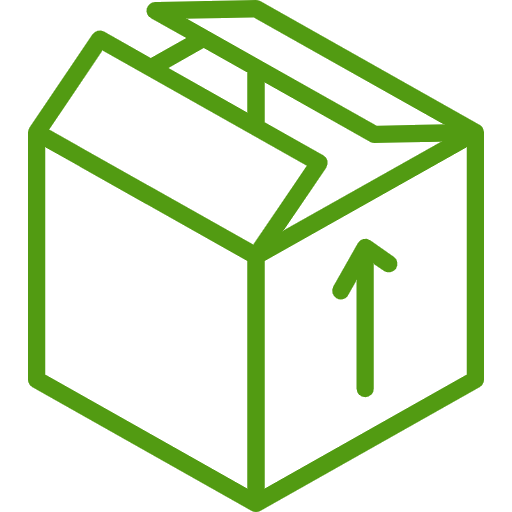





 Store Locator
Store Locator
